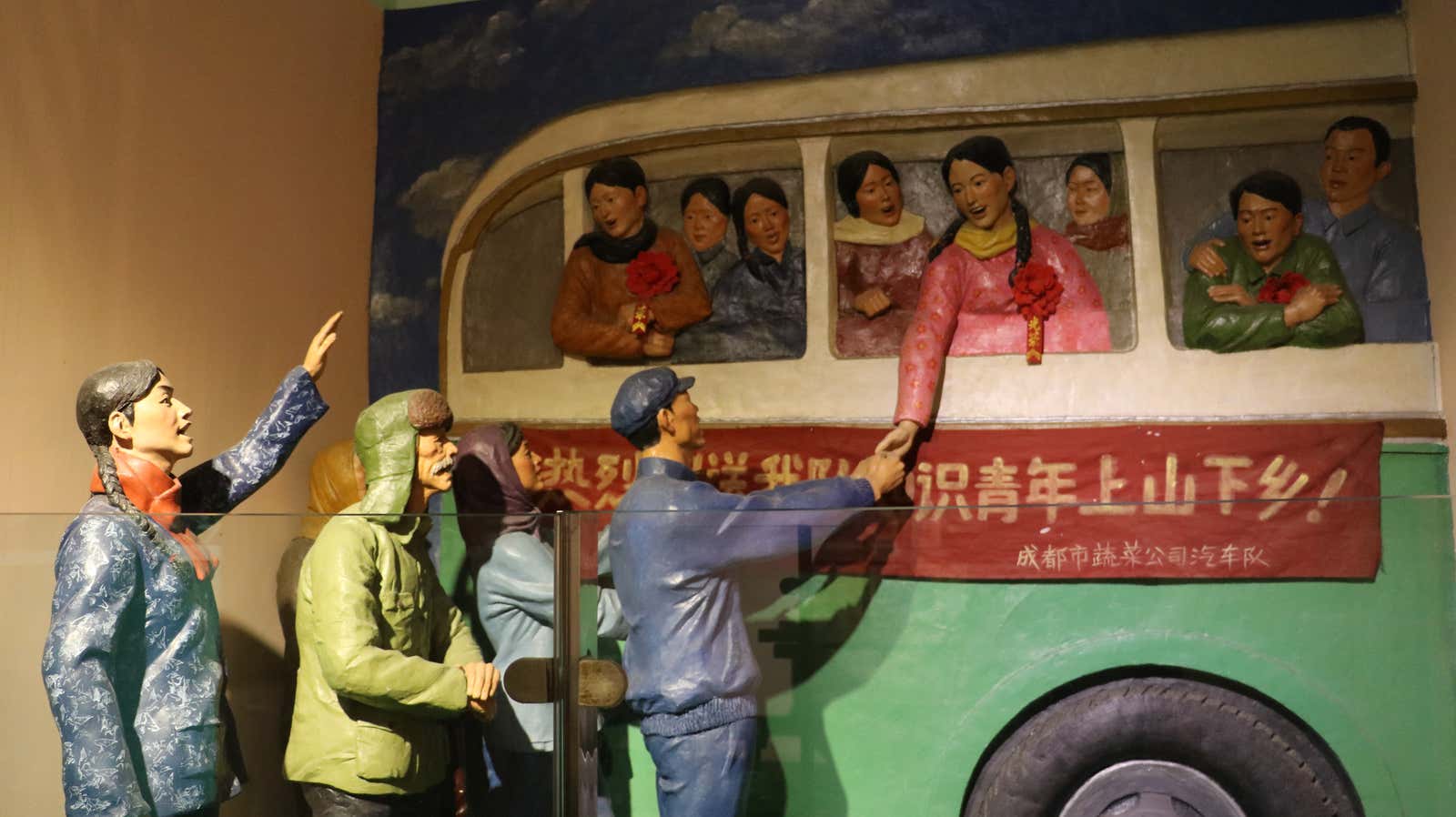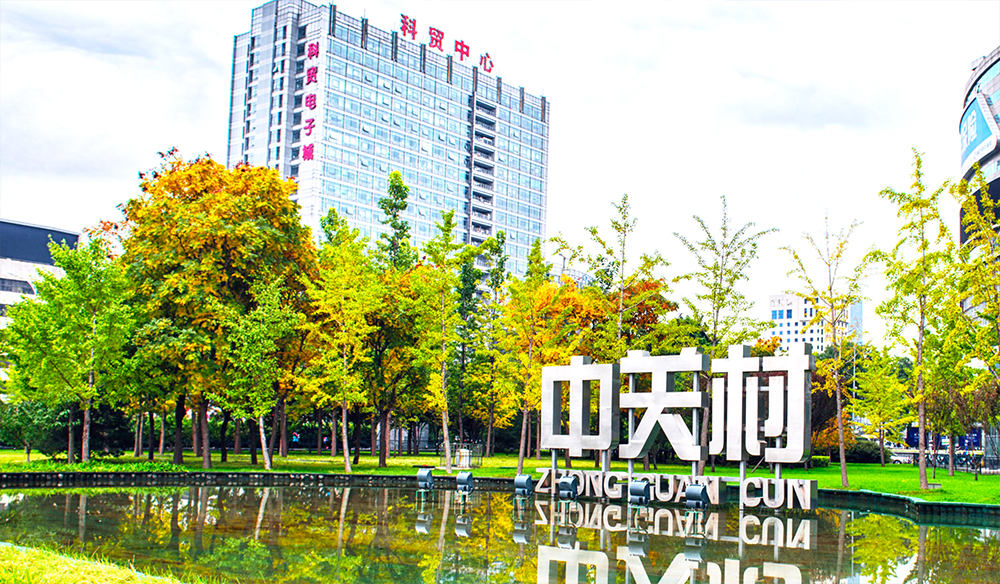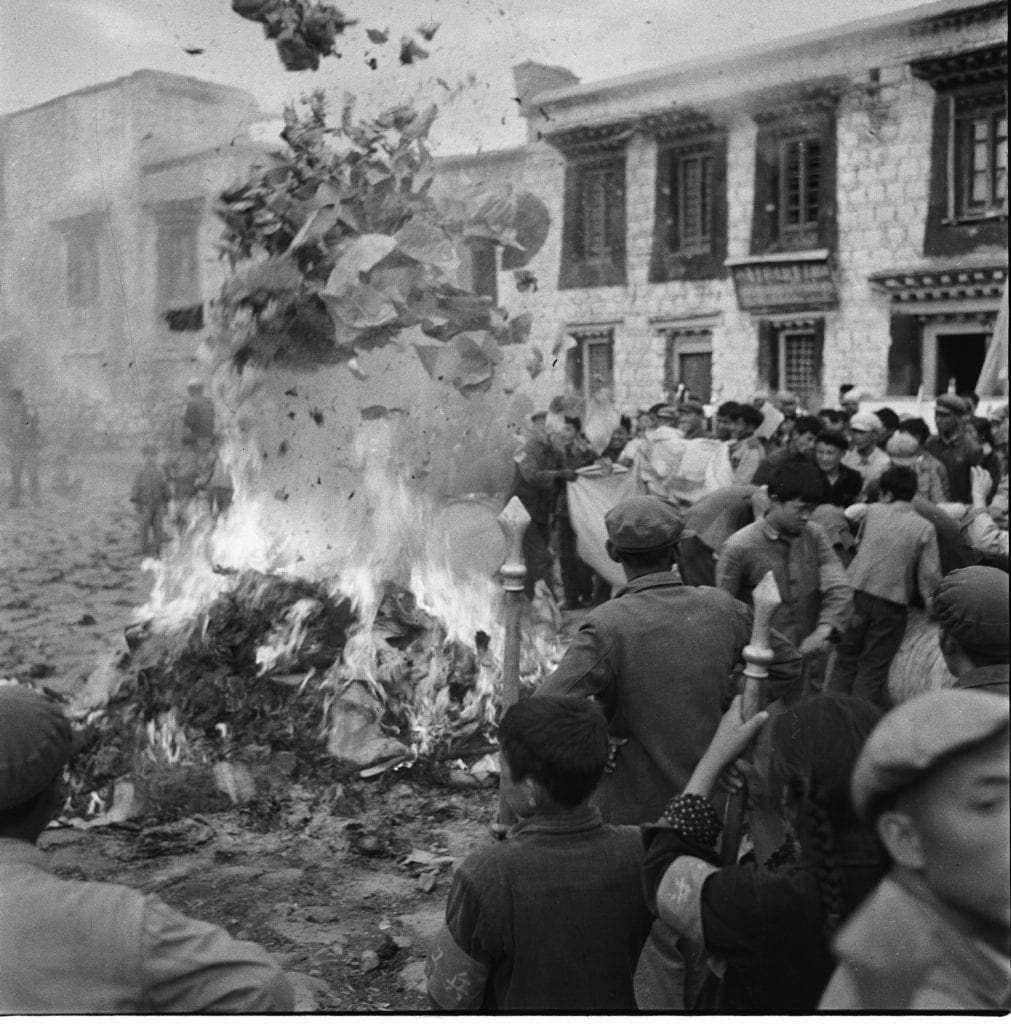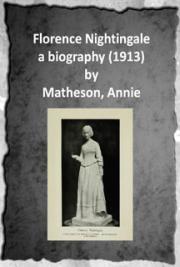The drama starts in December 1975.

photo from the collection "Remembering Zhou Enlai in Tiananmen 1976"
That was one month before the death of PRC Prime Minister Zhou Enlai, whose mourning sparked the first unrest among the youth, who wanted to shake off the yoke of the Gang of Four’s political activism (led by Jiang Qing, infamous wife of Mao who acted increasingly as his mouth piece during the Cultural Revolution, using the brainwashed Red Guards as their henchmen. They tried to keep power after the death of Mao in September 1976 but were arrested, convicted and Jiang Qing spent the rest of her life in prison).
 picture from a Powerpoint presentation (7 slides)
picture from a Powerpoint presentation (7 slides)
Also, it is worth to know that the Tangshan earthquake in July of that year 1976 did shake Beijing too ; it is shown in the movie Sunflower (one of my favorite because it also deals with the rise of contemporary art in China, around a painter modeled loosely on Zhang Xiaogang).

Zhang-Xioagang-Bloodline-Series-Big-Family-No.-2-1996
 picture from a 2016 feature in Quartz; Image: Briony Lin - This exhibit from the Jinchuan museum of the Cultural Revolution, near Chengdu, is uncannily similar to the protagonists in episode 1 of WDB/TYM :-)
picture from a 2016 feature in Quartz; Image: Briony Lin - This exhibit from the Jinchuan museum of the Cultural Revolution, near Chengdu, is uncannily similar to the protagonists in episode 1 of WDB/TYM :-)
We briefly see a mention of May 7th Cadre School in Ep2. This was one of the maoist "social experiments" between 1968 and 1978 to "redress the disconnect between the bureaucracy and the common people" by sending educated people to be "reeducated" in the rural "communes" when schools and universities had been closed. A directive issued by Mao on October 4, 1968, described cadre training like this : “Sending the masses of cadres to do manual work gives them an excellent opportunity to study once again; this should be done by all cadres except those who are too old, too weak, ill or disabled."
(Above: Advance courageously along the great and glorious road of Chairman Mao's '7 May Directive' )
These were the heydays of the fantasy production figures when the communes vied to look good on paper while many or most were starving because everything had to be decided after political meetings where the old village cadres or the young Red Guards were more concerned by fighting "feudalism" and age-old ways of doing things than really do agriculture and efficient manual work.
 A barefoot doctor teaches about family planning in Beijing in 1973
A barefoot doctor teaches about family planning in Beijing in 1973
It was also the period when TCM was most promoted and used by "barefeet doctors" in lieu of modern health care ; it worked, sort of, surprisingly well sometimes, for not too severe illnesses and injuries, but of course, many did not survive, especially if they fell foul of leaders and ventured to object to directives.
Deng Pufang, son of Deng Xiaoping, was thus targeted and thrown from a window at Beida university where he had been a student until 1968. He spent the rest of his life in a wheelchair ; with the change in the Four Modernizations and the 10 year Plan and goals to the 2000s from 1978, following the ousting of the Gang of Four, and the economic U-turn initiated by Deng Xiaoping, Deng Pufang became the chairman of the Disabled Peoples Federation.

The "iron bowl" promise of the danwei ,and the evolution from danwei to private housing (Youtube)
In those years "Each and every citizen of the People's Republic of China was assigned to a unit that would provide for his/her work, social, and cultural needs." The word danwei 单位 , is still in use as "work unit", although it is not often like before a workplace and housing spatial unit.

The communes and "producer cooperatives" survived after the end of the Cultural revolution, although often barely recognizable behind the walls of the mushrooming cities and suburbs in the 1980s. They were formally replaced by "townships" (all level xiang 乡 or urban zhen 镇) in 1983. In the 2000s, the "cooperative units" with their "production brigades" were mostly forgotten as a thing of the past. The old "villages" (xiāngcūn 乡村, or 农村 nóngcūn) may have later evolved and mushroomed into for example hi tech urban districts like Zhongguancun 中关村 in Beijing, a technology hub famous for computer and tech companies office buildings and sales centers.

The area is the hometown of Chinese unicorns like ByteDance, Xiaomi, Didi, and Meituan.
Click on links for more interesting information !
EPISODE 1 - WHY DID THE YOUNGSTERS BREAK INTO THE DUSTY LIBRARY ?
 Red Guards tearing down Buddha statues, reading the Little Red Book and burning forbidden books.
Red Guards tearing down Buddha statues, reading the Little Red Book and burning forbidden books.
In that period, there was not even really a list of specific books to hunt down as banned : everything including music records, decoration and clothes, could be construed as "feudal" evil and destroyed on the spot. Temples were leveled down or burned. Many precious artifacts of Chinese cultural heritage were destroyed or hastily hid and forgotten to rot or reappear in construction work excavations, or bootlegged and sold away.
Zhou Enlai tried to protect some buildings from these excesses and also managed to protect some courageous librarians and museum keepers who sealed away books and artifacts so they would not fall into the hands of the Red Guards. He was like a go player who skillfully played his hand staying near the "center" throughout the most troubled times, while he apparently supported the policies, took care of government as he could, and earned the respect of Mao and immunity from the Jiang Qing led Red Guards who were targeting Zhou Enlai too, along with Lin Biao and Deng Xiaoping (Zhou Enlai's friend and comrade from their time of work & studies in France).
The truly learned and well-traveled, well-connected intellectual politician sometimes nicknamed the Red Prince, also went out of his way to extend the umbrella of his power to protect quite a few important people, and relics. That's also why his death caused a genuine stir of mourning from many, fearing that the Gang of Four with Jiang Qing might rampage unfettered and bring even worse times than the dreaded peak of the Cultural Revolution.
So that's why the caretakers ex librarians let the young intruders off, "with a warning", after having ascertained that this was not a Red Guard preparing to burn down the dusty store room. That's also why the young woman could find books about the job of nurses, and the biography of Florence Nightingale...
click on links or pictures for more interesting information !
EPISODE 1 * "How Pavel met Tonia" is a reference to a novel that everybody knew by heart then, which also sat on Song Qingling's shelf in the mansion she was housed in Shichahai on the banks of the BJ lake, at the time (it also sat on Doris Lessing's shelf back when she lived in Rhodesia. The book was known in many countries)
-- Pavel and Tonia are the couple in " How the Steel Was Tempered or The Making of a Hero", a socialist realist novel written by Nikolai Ostrovsky.
With 36.4 million copies sold, it is one of the best-selling books of all time and the best-selling book in the Russian language. That novel was adapted to movies that were screened extensively in many countries and the book of course was not banned during the Cultural Revolution.
How the steel was tempered 1942 Soviet Movie (Youtube, full) and discussion (Youtube 8'50)
1973 movie version (auto translated subtitles: click on picture for link to Youtube full movie)
How The Steel Was Tempered钢铁是怎样炼成的 (to read the novel in English from the Chinese English learners site !! I know, the original is in Russian, but for that version, I advise the courageous hunters to have fun tracking it down and adding in reply, if they so wish, lol)
Someone mentioned about the nostalgia caused by familiar songs.
So there's the one in Ep.3 20:10 played on the violin by He HongLing. It's one of the most liked Chinese patriotic songs which you can listen to in full in a spectacular flashmob version recorded in Wuhan bullet train station for Chinese national day Oct 1, 2020.: https://www.youtube.com/watch?v=Ok4j_0qCwpw
There are subtitles on screen to understand the lyrics which in a nutshell illustrate how Chinese people view their country.
The song was created for a movie about Korea war when Chinese soldiers were surrounded for several weeks running out of food and ammunition.
Here's the snippet from the movie where it was first heard : https://www.youtube.com/watch?v=WXXwBgyCYf0 The title is simple : 我的祖国 Wo de zuguo (My motherland) and if you'd like to know the lyrics with a transliteration into pinyin, plus credits to composer etc, it's here : https://www.youtube.com/watch?v=-yEHLZ9a0Pk (together with pretty landscape views)
(Beware that this is not the other likewise patriotic song 我和我的祖国 Wo he wode zuguo (My motherland and I) which is also often sung including in flashmobs in China)
Actually, it's interesting to know that the Chinese official national anthem the "March of the Volunteers" is also from a musical movie of the 1930s!
Well since I am at it, here are links to listen to those other two "national anthems" :
https://www.youtube.com/watch?v=E3zw4BcGTz0 (我和我的祖国 w pinyin and translation)
https://www.youtube.com/watch?v=obZOFnp64vc (义勇军进行曲 w pinyin &translations)
I don't think there is a cultural reason for lining the pillowcase with a white towel.
In homes before the 1960s, not only in China, there were lots of furniture that got a decorative (lace or such) or protective cloth cover, usually white. In this instance perhaps the idea was to protect the pillow better from dirt or sweat. That's my hypothesis.
Recent Discussions
-
NOVEL LINK1 hour ago - Purple Ghost
-
BL Drama Lovers Club1 hour ago - RiqueXinw
-
Photos Section Rules2 hours ago - Kokuto
-
Duke su unseen picture2 hours ago - Mellowrose
-
Last Japanese song you listened to? #22 hours ago - twinight
-
What’s for dinner?2 hours ago - eightocci
-
Xiang Liu and Xiao Yao’s Story and Romance2 hours ago - windiaaa041293
-
MDL glitches "Something went wrong" and blank page4 hours ago - JulyMoon
Hottest Discussions
-
♥️Count to 7000000♥️4 hours ago
-
10 dramas/movies with ____? #41 hour ago
-
[MDL Writers] Article Ideas & Discussion7 hours ago
-
Last Drama You Completed? #24 hours ago
-
♡Last letter of a country / town game♡5 hours ago
-
Song/Drama/Movie game #32 hours ago







